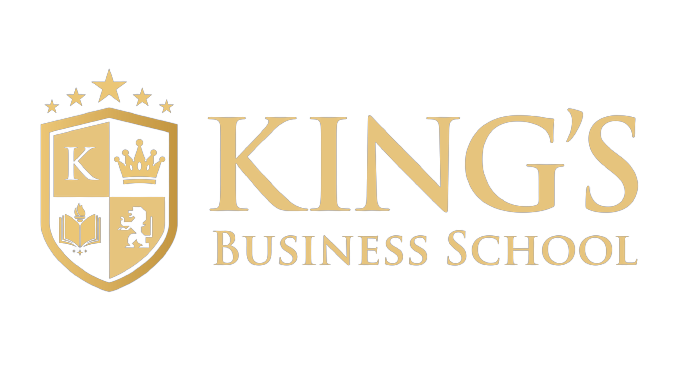“First impression is the last impression”. At some point of time, a majority of us must have heard of this old and world-famous household saying. Hoping to create the best first impression, most individuals forget that communication skills are as important as the first look. Needless to say, looks can be deceptive. However, impersonating a skilled communicator is like swimming against the tide. Essentially, the moment when you step into a conversation is when you start to create a lasting impression; either in your personal or professional life.
Without a doubt, communications skills can be your vital spark. Intending to help you become a great communicator and turn eloquent, we’ve listed below the top 11 communication skills for life and career. Take a close look!
Top 11 communication skills for life and career
Listening with interest
Listening is one of the foremost communication skills. However, listening alone is inadequate. Listen with interest. When in a conversation, make sure to listen to reflect and comprehend. This brings us to the next top communication skill – reflection
Paying attention, absorbing and reflecting
Reflection is when you take a pause to absorb the information being shared. To come out as a great communicator, pose with attention. Ensure the dialogue is more than background noise for you. Other than that, reflection empowers you to offer better and meaningful inputs.
Welcoming tone of voice
During a conversation, take a mental note of your tone and approach. If you express indifference and aloofness, you display a massive lack of communication skills. On the contrary, if your approach is friendly and kind, your word is automatically weighed. You are looked on as communicative and welcoming.
Confidence and conviction
There is a stark difference between a confident and under-confident communicator. You may have incredible insights to share or a top-notch plan mapped out. In either case, poor confidence can ruin your game. Conversely, someone may sell their not-so-great project basis excellent communication. With confidence as a communication skill, you must voice out belief. Your audience should not only believe you but also realize that you believe in yourself. Greater the conviction, greater the trust and outcome.
Expressing clarity
After you’ve lent a patient ear and reflected upon your discussion, think before you speak and choose your words wisely. If possible, have notes handy. Being clear and crisp gives you an edge. Since you avoid beating about the bush and keep the dialogue short and precise, you are heard and reckoned valuable. Furthermore, people are looking forward to hearing from you. Thus, don’t miss out on clarity as a key communication skill.
Accepting and sharing feedback
Communication is collaborative and so is feedback. Accept critique and feedback with an open-mind; take it as a sign of a better and greater upcoming result. Sharing your opinion and feedback is as important as accepting. However, make sure you maintain a kind tone and approach with friendliness. No one likes to be mocked. Therefore, share feedback in a way you’d like to accept.
Having an open and receptive mind
Open mindedness is more than a communication skill. It has the power to broaden your perspective on the whole. Besides, the greatest communicators and people of all time have manifested an open mind. Whenever you engage in a conversation, be open to everything on the table. You may not agree to a few things. Yet, listen thoroughly, reflect and then share your feedback. Even better, give it another shot; try understanding the presenter’s viewpoint. If you still disagree, respect their message over blunt dismissal.
Opting for the best communication medium
Communicating for the sake of it hardly goes well. You may have exceptional communication skills but if you lack knowledge about the most appropriate communication medium, matters can go south. Some discussions demand a face-to-face ambiance wherein other events require documentation. Hence, taking a calculative call and roping in the most relevant route is essential for effective communication.
Leveraging nonverbal communication
Your body language, hand gestures, facial expressions and voice volume are powerful communication tools. They speak louder than words. With the right body position and poise, you can communicate your interest. All in all, use nonverbal communication to augment your opinion. It can give you an edge in the room!
Building trust
All talk and no action is a kind of approach you’d like to stay away from. Most of the time, a big talker is less regarded. People like to exchange views and ideas with someone who is grounded, receptive and intelligent. Besides, if you overpromise and under deliver, your words lose meaning and people lose faith in you. In regards to communication skills, building trust is of great importance.
Asking questions
Asking questions in a dialogue showcases your interest and keenness to learn. It tells the opponent that you are not only listening but also reflecting – the above-mentioned communication skills. Furthermore, ask an open-ended question to spark an extended discussion, interchanging viewpoints. Prefer closed questions when you are looking forward to a single answer; to your question alone. In conclusion, be alert and ask questions.
Bottom line:
These communication skills are the most profitable when they come to you naturally and effortlessly. To conquer that mark, practice communication skills day in and day out. Some day you’ll skip reflecting and the other day you may fumble. But, practice makes a man perfect! Isn’t it? Whether in life or career, make these communication skills an unmissable part of you. Happy talking!





